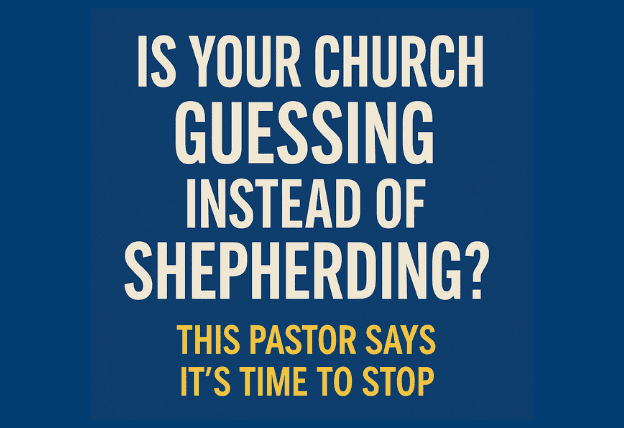The second assessment, Church Pulse, goes beyond measuring spiritual factors. The survey from Barna looks at seven dimensions of “human flourishing” and 15 dimensions of “church thriving.” The reason? Discipleship and following Jesus are holistic. They extend beyond the traditional categories of spirituality to include health and well-being, finances, relationships, vocation, contentment, and character. As with Reveal, Church Pulse offers a report card on how well the church is serving congregants. The intent is for the body of Christ to improve at its core calling. This tool—free to use after you set up an account—is available at www.barna.com/services/assessments/.
Each year, our church uses the same survey tools to create a baseline and common language. Both tools also show us how we “rank” in comparison to other American churches, which is super helpful.
Why Assessments Receive Pushback
Many people and pastors resist assessments and surveys. One reason they cite is that being “data informed” sounds too corporate. I agree the language seems a bit cold and mechanical. But it’s simply a way to listen to your congregation—and to do so effectively. People appreciate it when you listen to them.
Insecurity is a second reason that churches tend to resist assessments. The tools I mentioned provide a report card and feedback on how you’re doing. Are you helping people embrace all that Jesus makes available to them through his death and resurrection? I’ll admit that several findings about our church have been tough for me and our team to swallow. Every time this happens, we journey together through the stages of grief. Yet I’ve decided that I want to know the truth. I don’t want to be the king who didn’t know he was naked because no one would tell him. It’s your choice.
A third reason organizations, especially churches, resist assessments is because people usually don’t do anything with the information they receive. Despite good intentions, congregational leaders often fail to apply the insights and advice. That’s why our team has been determined to use feedback from the church checkup to drive our priorities and initiatives.
To pull this off, we’ve established an annual rhythm.
- January – Survey members on Sunday morning during worship.
- March – Debrief and create an executive summary about core findings.
- April and May – Pray and ponder, seeking direction from God.
- June – Present a plan (with only one or two points of focus) to church leadership.
- August and September – Build budgets around the plan.
- October – December – Develop detailed steps and timelines.
- January – Present the State of the Church, implement plans, and conduct the next survey.

